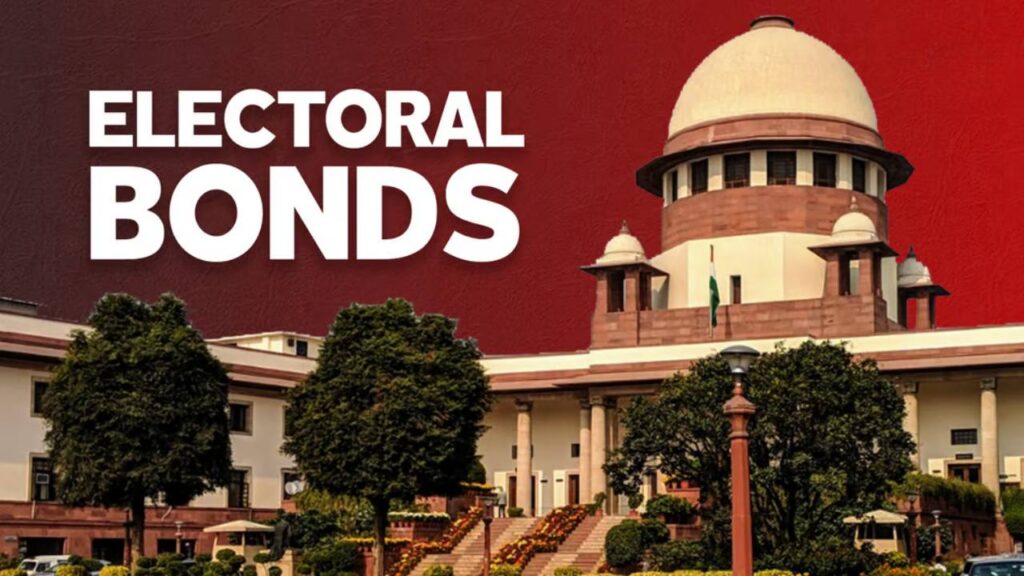Electoral Bonds were introduced in India in 2017 as a way to make the funding of political parties more transparent. They are like special coupons that people or companies can buy and give to political parties as donations. You can buy these bonds from specific branches of the State Bank of India (SBI) and donate them to the political parties you support.
Purpose of Electoral Bonds

These bonds were expected to make political funding more open and official, replacing the older, less transparent methods. However, they have sparked a lot of debate and legal challenges, especially around the part where the identity of the donors can be kept secret.
This has led to discussions on whether Electoral Bonds are really making political funding more transparent or if they are creating new problems. Through these bonds, a significant amount of money has flowed into the political system, but questions remain on whether they are serving the planned purpose of clean and transparent political funding.
Who Can Purchase and Donate Electoral Bonds?
Electoral Bonds can be purchased by Indian citizens or entities established in India. The definition of eligible entities includes individuals, Hindu Undivided Families, companies, firms, and associations of persons or bodies of individuals, whether incorporated or not.
To receive funds through electoral bonds, political parties must be registered under Section 29A of the Representation of the People Act, 1951. Also, they should have got at least 1% of the votes in the recent Lok Sabha or State Assembly elections. This condition is set to make sure that only recognized and active political parties benefit from this funding mechanism.
Arguments Against Electoral Bonds
The fact that the people giving money can remain hidden is a big concern with Electoral Bonds. According to critics, this anonymity may cause corruption, crony capitalism, and even foreign interference in Indian politics. It is also suggested that the ruling party may gain an unfair advantage from this arrangement due to their position of power, which may influence donors’ preferences.
Government’s Stance
The Central Government has strongly defended the scheme, arguing that it is a step towards eliminating black money from political funding. They say that the scheme is not about keeping the donor’s identity totally hidden, but about keeping it “confidential on purpose” to keep the donor’s privacy and political choices safe, which they think is needed given the current political environment.
Supreme Court’s Stand
The Supreme Court of India is carefully looking into the scheme, particularly focusing on the “selective hiding” of donor identities. The court noticed that while the scheme wants to bring white money into electoral funding, it also makes a “big gap in information,” which could allow the ruling party to easily find out who the donors are.
Who has received the maximum funding?
Up to 2021-22, the scheme brought in over Rs 9,188 crore in donations. The majority of these donations went to the Bharatiya Janata Party (BJP) with Rs 5,272 crore, with the Indian National Congress (INC) next with Rs 952 crore. These numbers have raised worries that the scheme may be giving certain political parties an unfair advantage.